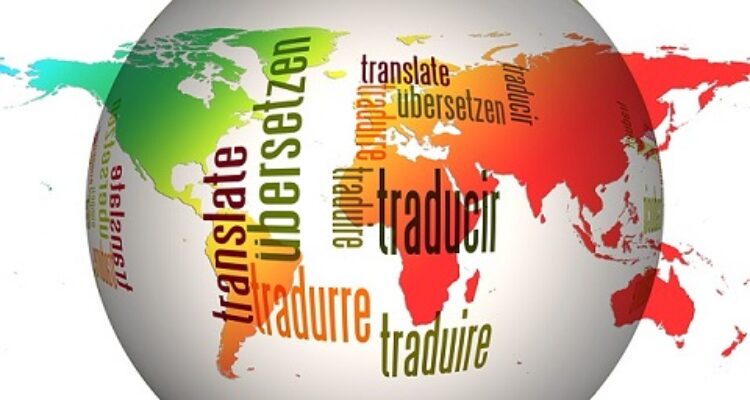There is plenty of literature devoted to the beginnings of translation. From the tower of Babel in which the Bible recommends using different languages to the Age of Babel Fish, an excellent translation service, much water has flown beneath the bridge. With the advent of the Internet and with globalization the new reality the need to translate from one language to another has become increasingly more important.
Bringing or carrying across
Translation is a word that is derived from Latin and means to bring or carry across. In Greek, the term metaphrasis or speaking across gave rise to the term metaphrase or word-for-word translation. Both Cicero and Horace have used translation in Rome and it was widely used by Dryden in the 17th century. The earliest translations have an interesting history. An epic from Sumera called Gilgamesh was first translated into Asian languages around the 2nd millennium BC. Indian sutras were then translated by Buddhists into Chinese while Roman poets drew inspiration from Greek texts.
An important part of human history
Translation has played a very important role in human history. Arabs translated Greek wisdom and ensured that it survived. After conquering the Greeks, Arabs translated their scientific and philosophical works. Later, Arab versions were translated into Latin. These translations played an important role in the Renaissance.
Translating religious texts
The history of translation would be incomplete without mentioning translations of religious texts. Translating the Old Testament into Greek in the 3rd century BC is a prime example of how translation has changed our world. After the Industrial Revolution, translation became more formalized and was widely used for business. The Internet and mechanical translations have revolutionized the world of translation.
Modern day translators
Today, the most number of translators are employed by the US government. Intelligence communities like the CIA and NSA as well as DIA have many translators. Today, these translators are known by another name: linguists. These people know two or more languages and are trained or experienced in working as translators.
As a translation student, I have even taught my friends how to translate. On average, a student translates about a thousand words each week. Most translation students do not know how to write properly in their language as well as in a second language. Is it any wonder the US only has about a few hundred student translators?
This shortage of translators raises a few important questions. Would you want a medical student to perform a surgery on you or would you want them to diagnose your medical condition? I think not. Unless translators are properly trained, they won’t be able to do a good job of translating. Even if they learn by trial and error, a certain amount of training is required in order to translate properly.
The best way of getting more well-trained translators is by offering them better pay as well as working conditions. Translators gravitate towards places where the pay is good. They are economic animals who work for money. However, it takes more than a year depending on background and ability for a person to become a translator. The job can begin at any time and end at any time. The good news is that once you make it through as a translator, you will find out more about life.

